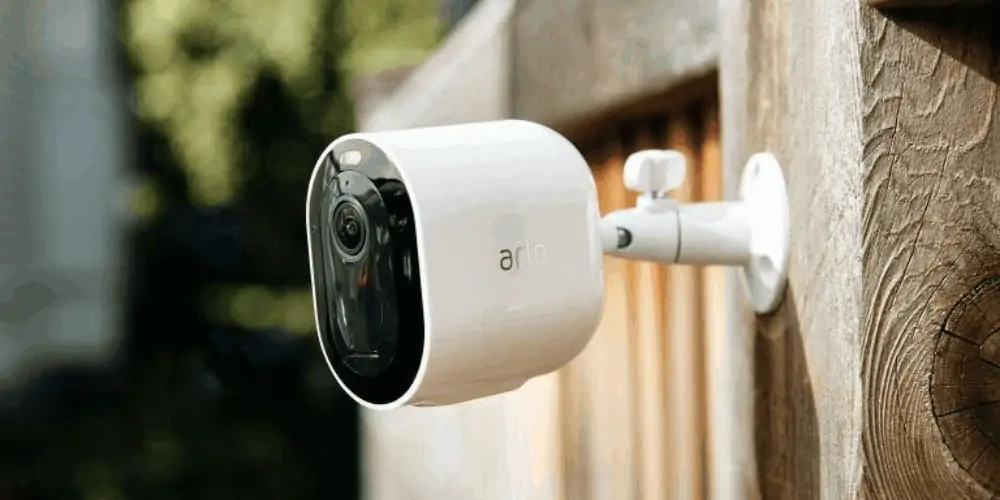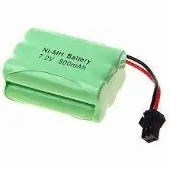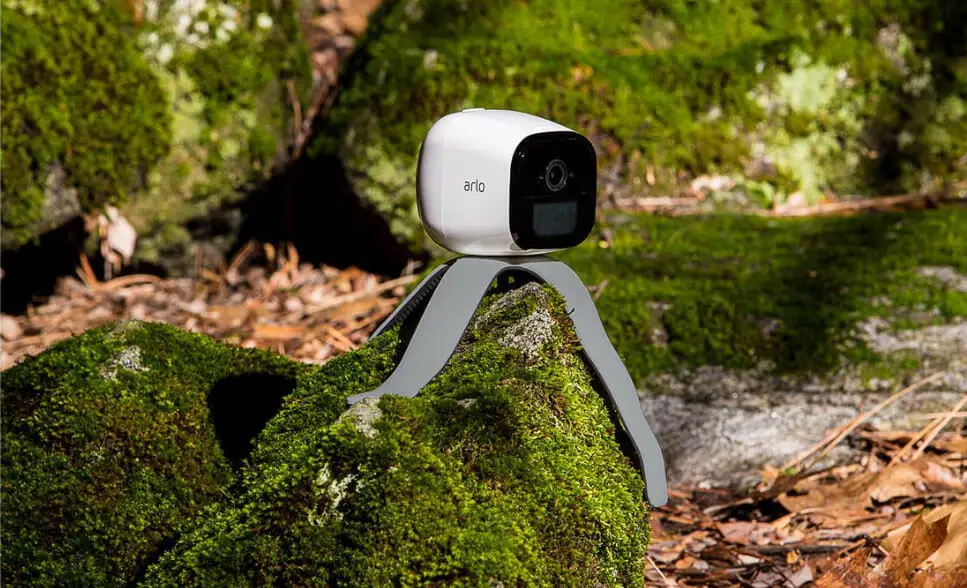Battery-powered security cameras are a popular choice for home security because they are easy to install and can be placed anywhere in the house or yard.
However, one of the biggest concerns with these cameras is how long the battery will last before it needs to be replaced.
In this article, we will explore the various factors that can affect the lifespan of a battery-powered security camera and provide some tips on extending the battery life as much as possible.
We will also discuss the different types of batteries commonly used in these cameras and their relative lifespan. Whether you are considering purchasing a battery-powered security camera or already have one installed, this article will provide valuable information on how to get the most out of your camera’s battery.
Some estimates for the life of different types of batteries in security cameras are:
- Alkaline batteries: 3-6 months
- Lithium batteries: 6-12 months
- NiCd batteries: 1-2 years
- NiMH batteries: 2-4 years
- Li-ion batteries: 3-5 years
An example of a popular model – The Arlo wire-free camera batteries last approximately 3–6 months with average use. Arlo Go camera batteries last approximately 2–3 months with average use; this depends on mobile signal strength.

How Long Do the Physical Batteries Last when Reused?
To ensure your security camera’s longevity, we recommend you choose a lithium-ion-powered camera. The physical batteries last for up to three years when used continuously (without being turned off) and two years when cameras are turned off for power savings.

How often do you have to charge rechargeable wireless security cameras?
Spy cameras have different characteristics and these demand different energy consumption standards. The specific use desired is paramount to determining a certain camera’s time and the conditions under which it may be used. (1)

Depending on the wifi security camera’s feature and model, the battery charge can last up to 6 months on a single charge. However, the average time for most security cameras is at least two months when it comes to their usage time.
Also, some security cameras may last longer, depending on whether they are PTZ security cameras. Pan tilt zoom security cameras expend more energy because they need to rotate.
Do wireless security cameras run on batteries?

Most wireless security cameras are hard-wired to a power source. Very few models on the market use batteries that allow for completely wireless operation.
Wireless security cameras can be a great fit if you’re looking for convenience.
What type of rechargeable battery is best for security cameras?
The two most popular rechargeable batteries are nickel-metal hydride and lithium-ion batteries. These rechargeable batteries do not work the same way, and their pros and cons must be considered separately.
Nickel-metal hydride batteries

The energy density combined with the compatibility of this type of battery makes it one of the most accessible options to use. These batteries’ average milliamps per hour are usually higher than lithium-ion batteries.
The variety of sizes is more abundant by manufacturers, which improves compatibility. It is even a safer battery due to the lower amount of active materials.
It is battery sensitive to extreme temperatures and requires a longer charging time. The self-discharge rate is very high, and it is not recommended for use with low-charge devices.
Lithium-ion battery

These batteries are usually much lighter and smaller than the previous batteries. The voltage output is also higher, while the self-discharge rate is significantly lower.
These batteries require less time to recharge and have a higher tolerance to high temperatures. Per gram of battery, these units can store more energy.
The disadvantages are that lithium-ion batteries provide a lower internal capacity and more limited compatibility than nickel-metal hydride batteries. The battery cannot be fully discharged, resulting in some damage.
Alkaline batteries
These are traditional, non-rechargeable batteries that are widely available and relatively inexpensive. They are suitable for low-power devices such as security cameras, but their lifespan is generally shorter than other batteries.

Nickel-cadmium (NiCd) batteries
These are rechargeable batteries that are commonly used in security cameras. They have a relatively short lifespan, but they can be recharged and used multiple times, saving money in the long run.

Wrapping Up
Usage times are different for each type of camera. For an indoor/outdoor camera with infrared night vision, one can expect between 8-12 hours of continuous operation per charge, depending on the battery type.
References
(1) energy consumption – https://www.sciencedirect.com/topics/earth-and-planetary-sciences/energy-consumption
(2) types of rechargeable batteries – https://turbofuture.com/misc/Which-is-better-Nickel-Metal-Hydride-NiMH-or-Lithium-Ion-Li-ion-batteries

